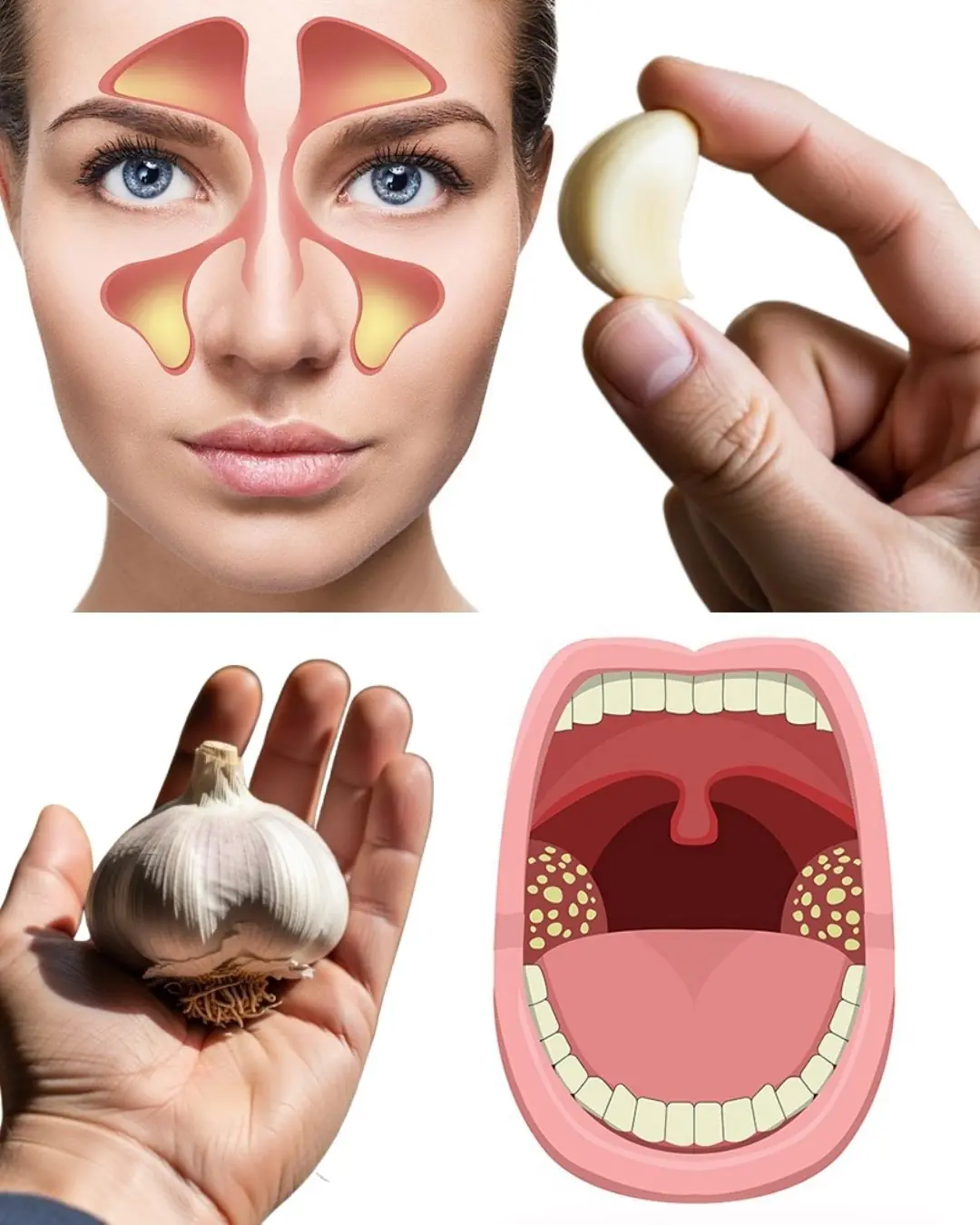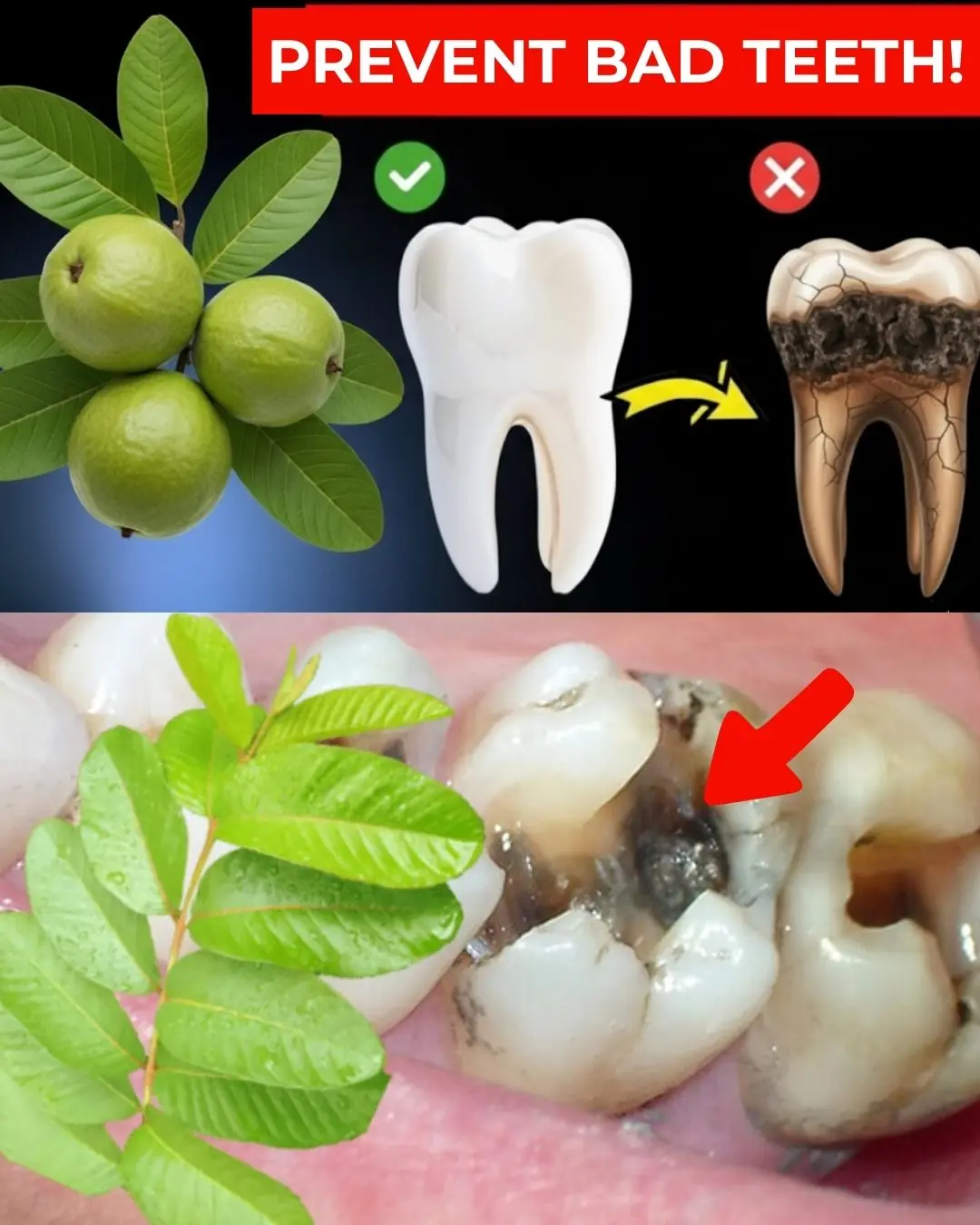
A Scientific Look at Oregano’s Role in Supporting Wellness

Many people are familiar with oregano as a staple in Mediterranean cuisine—its bold aroma and flavor can transform even the simplest dishes into something memorable. However, this remarkable herb, a member of the Lamiaceae (mint) family, is much more than a culinary enhancer. Scientific research has increasingly uncovered that oregano offers a wide range of health benefits, supporting the immune system, fighting infections, reducing inflammation, and even contributing to heart and digestive health.
Modern studies are now validating what ancient healers understood centuries ago: oregano is a potent medicinal plant with powerful therapeutic properties. Whether used fresh, dried, or as an essential oil, oregano delivers impressive results thanks to its rich concentration of bioactive compounds, especially carvacrol and thymol.
1. Powerful Antioxidant Properties That Combat Free Radicals
Oregano is one of nature’s most potent sources of antioxidants. The herb is rich in phenolic compounds, particularly carvacrol, thymol, rosmarinic acid, and terpinene, which help neutralize harmful free radicals in the body. These unstable molecules are known to contribute to cell damage, aging, and chronic diseases like cancer and heart disease.
Studies have shown that oregano’s antioxidant levels surpass many fruits and vegetables in lab tests, making it a valuable ally in daily health maintenance. Regular consumption may contribute to a stronger cellular defense system and better long-term health outcomes.
2. Antibacterial Effects Against Harmful Microorganisms
Scientific research has demonstrated that oregano has potent antibacterial properties, especially in oil form. Oregano oil has been shown to inhibit the growth of several harmful bacteria, including E. coli, Staphylococcus aureus, and Pseudomonas aeruginosa—some of which are resistant to conventional antibiotics.
What makes oregano especially promising is its ability to break down bacterial biofilms—protective layers that shield bacteria from antibiotics and immune cells. This could make oregano oil an effective natural adjunct in combating persistent or drug-resistant infections.
3. Anti-inflammatory Properties That Ease Chronic Inflammation
Chronic inflammation is a major factor in conditions like heart disease, diabetes, arthritis, and autoimmune disorders. Carvacrol, a primary compound in oregano, has shown strong anti-inflammatory effects in various animal studies. In one study, carvacrol reduced inflammation-related swelling by over 50%.
Additionally, essential oil blends containing oregano have been found to decrease inflammation markers in digestive conditions like colitis and irritable bowel syndrome (IBS). While more human studies are needed, early research indicates oregano may help in managing inflammatory diseases naturally.
4. Antiviral Activity That Strengthens Immune Defense
Oregano also exhibits antiviral activity, particularly through carvacrol and thymol. Test-tube studies have found these compounds can inactivate up to 90% of certain viruses, such as herpes simplex virus (HSV) and norovirus, within just one hour of exposure.
These findings suggest oregano could offer immune system support during cold and flu seasons. While most evidence comes from lab-based research, the potential for oregano to serve as a natural antiviral remedy is encouraging.
5. Cancer-Fighting Potential Under Investigation
Oregano’s anticancer potential is one of its most intriguing health benefits. Laboratory studies have shown that oregano extract can suppress the growth of colon cancer cells and may even induce cell death in cancerous cells. Other test-tube studies suggest that carvacrol could be effective against leukemia, ovarian, and prostate cancers.
Animal research has also shown that oregano may help inhibit tumor growth and spread, likely due to its antioxidant properties and ability to support DNA repair mechanisms. However, until human clinical trials are completed, oregano should be viewed as a complementary aid, not a substitute for medical cancer treatments.
6. Supports Heart Health Naturally
Oregano may support cardiovascular health by reducing LDL ("bad") cholesterol, improving blood lipid profiles, and protecting arteries from oxidative stress. Its flavonoids and essential oils work synergistically to enhance vascular function and prevent plaque buildup in the arteries.
Some early animal studies show that oregano supplementation can help regulate blood pressure and heart rate, offering potential benefits to those at risk for hypertension and atherosclerosis. When paired with a heart-healthy lifestyle, oregano could be a valuable natural aid in maintaining long-term heart health.
7. Promotes a Healthy Digestive System
Oregano has long been used in traditional medicine to aid digestion. Its natural compounds relax digestive muscles, helping to relieve bloating, cramping, and indigestion.
Oregano oil may also support a healthy gut microbiome by fighting harmful bacteria and parasites without disrupting beneficial bacteria. This balance is crucial for optimal digestive function, nutrient absorption, and immune health. People struggling with gut imbalances, leaky gut syndrome, or irritable bowel issues may benefit from adding oregano to their regimen under professional guidance.
8. Enhances Respiratory Health
Oregano is a go-to herb in natural medicine for addressing respiratory conditions, including chronic sinusitis, bronchitis, and asthma-like symptoms. Its anti-inflammatory and antimicrobial effects help reduce nasal congestion, relieve coughing, and open up airways.
Clinical trials have shown that oregano oil, used in nasal sprays, can outperform common pharmaceuticals like fluticasone in relieving sinus inflammation. Oregano teas and steam inhalations have been traditionally used to treat cold, flu, sore throat, laryngitis, and chest congestion—making it a valuable herb for natural respiratory support.
9. Easy Integration Into Your Daily Diet
One of oregano’s best qualities is its ease of use. It can be added to a variety of meals in fresh, dried, or oil form. Sprinkle dried oregano into sauces, marinades, and soups. Use fresh oregano in salads or over roasted vegetables. Oregano oil, diluted properly, can be added to warm water or used as a supplement—though it should be used cautiously due to its potency.
Incorporating this versatile herb into your daily meals is a simple and natural way to boost health, flavor, and well-being.
Conclusion: A Small Herb with Big Benefits
Oregano offers an impressive range of health benefits—antioxidant, antimicrobial, antiviral, anti-inflammatory, and potentially even anticancer. From supporting the immune system and heart to enhancing digestion and respiratory health, oregano deserves recognition beyond the spice rack.
While many of its benefits are supported by laboratory and animal research, further human clinical trials are needed to confirm these effects. However, incorporating oregano into a balanced diet or using it therapeutically under professional guidance may offer natural, effective health support.
Disclaimer: This article is for informational purposes only and is not intended as a substitute for professional medical advice, diagnosis, or treatment. Always consult your physician or a qualified healthcare provider with any questions regarding a medical condition or treatment. Do not disregard or delay medical advice because of something you have read here.
News in the same category


Cloves: 10 Health Benefits of Eating 2 Daily

Chicken Gizzards: 3 Surprising Benefits You Might Be Missing

80% of Heart Attacks Could Be Avoided If Everyone Did These 5 Easy Things

People Are Putting Onions in Their Socks—Here’s Why You Don’t Want to Miss Out

This Is What Happens to Your Lungs, Mood, and Blood Circulation When You Use a Himalayan Salt Lamp

Garlic Destroys Urinary System Infections! Just Do This… 🧄✨

Anyone Whose Hair Is Falling Out Needs To Make This 2-Ingredient Drink Immediately

13 Detox Foods To Flush Out Toxins, Fight Cancer Cells And Relentlessly Hunt Free Radicals

Doctor warns: your ‘healthy’ lemon water habit is actually destroying your liver – here’s what you’re doing wrong

Gentle Stretches to Relieve Sciatica Pain

Surprising Signs You're Actually Gluten Intolerant

6 Surprising Reasons Why Your Feet Are Cold

Cold Sores: How to Reduce Symptoms and Speed Up Recovery

52-year-old man died of diabetes, doctor advised: 4 types of breakfast should be removed from the table

This drink helps reduce gastroesophageal reflux and heartburn effectively

This Courageous Woman Says Experiencing a Stroke Was the Best Thing That Ever Happened to Her

8 Reasons for Dark Circles That Aren’t Due to Lack of Sleep
News Post

How to Save Electricity: Immediately Put a Roll of Toilet Paper into Your Refrigerator – An Amazing Trick That Also Saves You Money

When Your Non-Stick Pan Loses Its Coating, Don’t Throw It Away: Try This Method to Fry Without Food Sticking or Breaking

Simple and Effective Tips to Repel Rats Using Leftover Rice — Anyone Can Do It at Home

5 Most Common Deathbed Regrets, According to Palliative Care Nurse

🌿 Oregano: Nature’s Small but Mighty Healer

Top 3 Ways to Treat Tooth Decay with Guava Leaves – Simple and Cost-Effective

4 Red Flags Your Brain Might Be in Trouble as Experts Warn Alzheimer’s Can Start Decades Before Symptoms Appear

Cloves: 10 Health Benefits of Eating 2 Daily

Chicken Gizzards: 3 Surprising Benefits You Might Be Missing

80% of Heart Attacks Could Be Avoided If Everyone Did These 5 Easy Things

People Are Putting Onions in Their Socks—Here’s Why You Don’t Want to Miss Out

If You Press This Point on Your Foot Before Bed, This Is What It Does to Your Body

This Is What Happens to Your Lungs, Mood, and Blood Circulation When You Use a Himalayan Salt Lamp

Treat premature gray hair with this cheap black hair dye recipe using star fruit and potatoes!

Herbs help prevent cancer, have 1 plant and the whole family will be healthy

Elon Musk's bizarre four-word post leaves people deeply unsettled

Legal expert on bone-chilling moment he realized ChatGPT could replace him

Honest advice: Throw away these 4 toxic plastic items immediately before cancer "knocks on your door"
